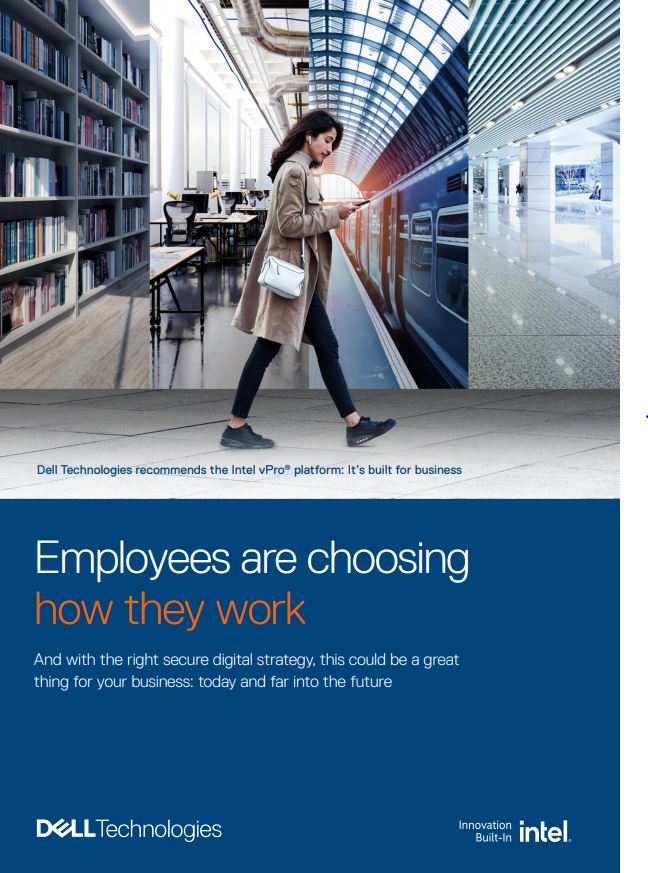Gartner: Nearly half of cyber leaders to leave roles over mounting stress
A stress-related staff exodus could exacerbate the industry's current talent shortage


Nearly half of cyber security leaders are expected to change jobs by 2025 due to work-related stress factors, according to expert predictions.
Analysis by Gartner found that heightened stress and increasingly challenging work conditions are having a serious adverse effect on senior security practitioners, with a quarter of leaders expected to leave the industry to pursue “different roles entirely”.
Mounting pressure on cyber leaders to maintain organisational resilience and defend against a growing wave of cyber threats is a key contributing factor in this trend, Gartner said.
“Cyber security professionals are facing unsustainable levels of stress,” said Deepti Gopal, director analyst at Gartner.
“CISOs are on the defence, with the only possible outcomes that they don’t get hacked or they do. The psychological impact of this directly affects decision quality and the performance of cyber security leaders and their teams.”
A key factor in this trend, the report suggested, is that many organisations simply do not have adequate safeguards or processes to support staff amidst an increasingly challenging period.
“Burnout and voluntary attrition are outcomes of poor organisational culture,” Gopal said. “While eliminating stress is an unrealistic goal, people can manage incredibly challenging and stressful jobs in cultures where they’re supported.”
Get the ITPro daily newsletter
Sign up today and you will receive a free copy of our Future Focus 2025 report - the leading guidance on AI, cybersecurity and other IT challenges as per 700+ senior executives
Long-term, Gartner suggested that an exodus of senior industry figures could further accelerate the industry’s ongoing talent shortage.
The 2022 Cybersecurity Workforce Study from (ISC)2 revealed that the global cyber workforce gap increased by 26.2% compared to the year previous.
(ISC)2’s study also found that the global cyber sector requires 3.4 million more workers to accommodate for growing threats against organisations.
Cyber sector burnout
Burnout in the cyber security sector has been a long-running issue, and one exacerbated by challenging pandemic-related work conditions.
Tessian research found that the heavy demands placed on senior industry practitioners has led many to work excessive hours and miss important life events and holidays.
CISOs were found to work an average of 11 extra hours each week due to the demanding nature of their role.
RELATED RESOURCE

Employees are choosing how they work
And with the right secure digital strategy, this could be a great thing for your business: today and far into the future
A survey from Invicti Security in 2021 found that 78% of respondents reported increased stress levels due to the challenging nature of their roles. One-in-five DevOps and security professionals told the company that they had considered quitting their jobs due to mounting pressure.
Similarly, a report from Threat Connect last year found that nearly one-third of security professionals were considering quitting their jobs, with a significant portion actively seeking opportunities elsewhere.

Ross Kelly is ITPro's News & Analysis Editor, responsible for leading the brand's news output and in-depth reporting on the latest stories from across the business technology landscape. Ross was previously a Staff Writer, during which time he developed a keen interest in cyber security, business leadership, and emerging technologies.
He graduated from Edinburgh Napier University in 2016 with a BA (Hons) in Journalism, and joined ITPro in 2022 after four years working in technology conference research.
For news pitches, you can contact Ross at ross.kelly@futurenet.com, or on Twitter and LinkedIn.
-
 Bigger salaries, more burnout: Is the CISO role in crisis?
Bigger salaries, more burnout: Is the CISO role in crisis?In-depth CISOs are more stressed than ever before – but why is this and what can be done?
By Kate O'Flaherty Published
-
 Cheap cyber crime kits can be bought on the dark web for less than $25
Cheap cyber crime kits can be bought on the dark web for less than $25News Research from NordVPN shows phishing kits are now widely available on the dark web and via messaging apps like Telegram, and are often selling for less than $25.
By Emma Woollacott Published